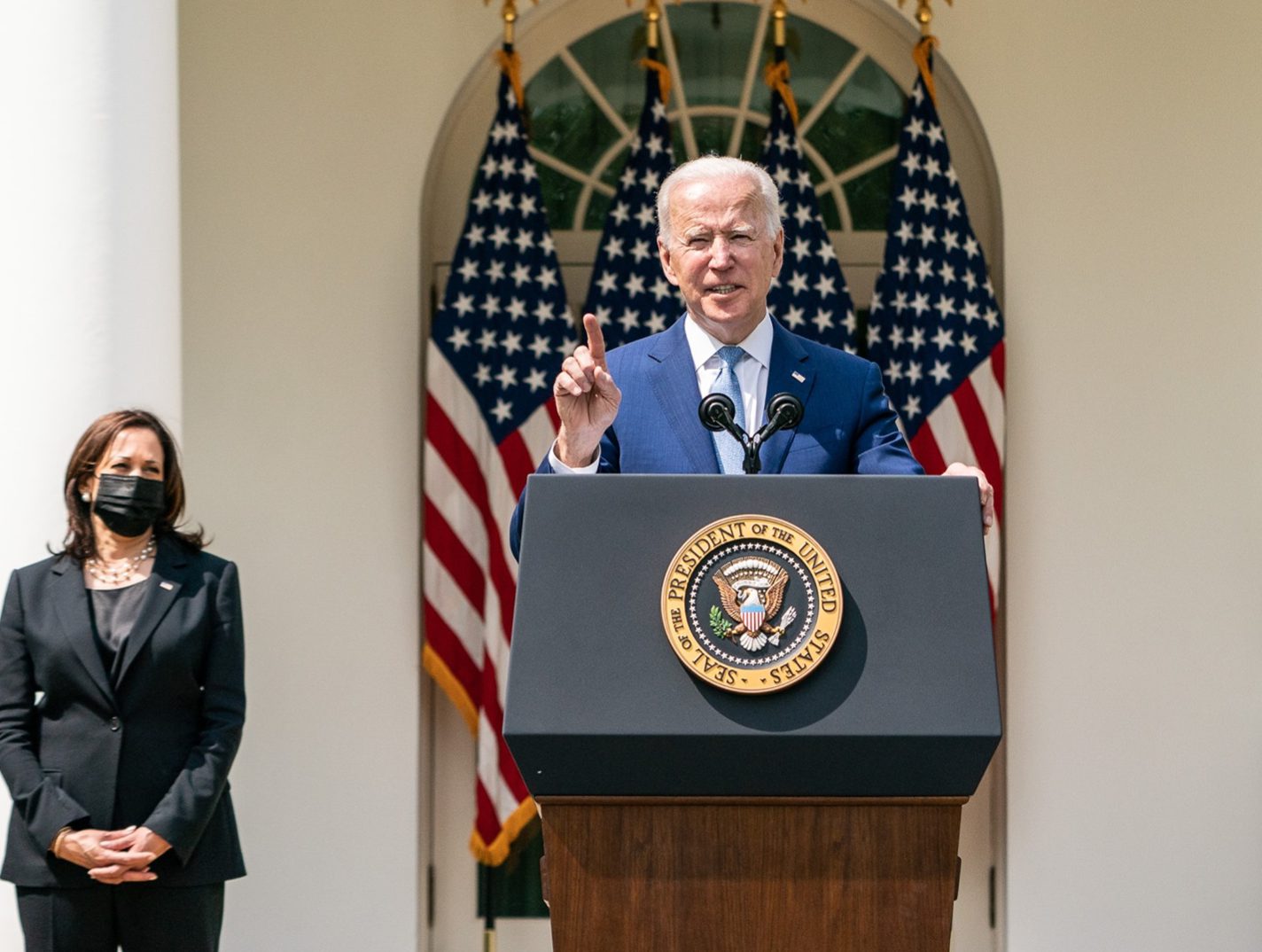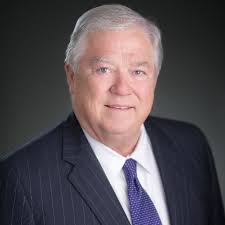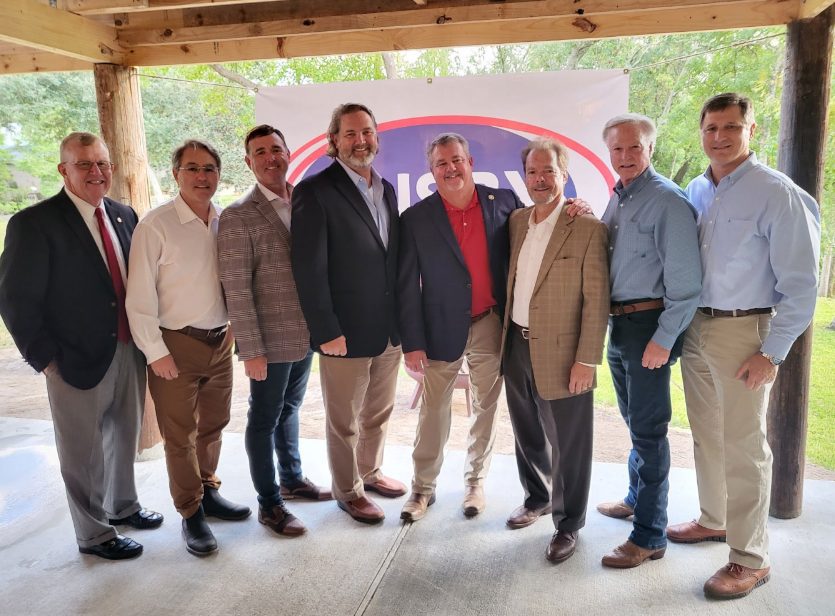
(https://www.facebook.com/WhiteHouse/photos/a.108571454545040/175778297824355/ The White House)
The White House announced the funding which send nearly $8.5 million to Mississippi companies.
On Wednesday, the White House held a press call in which U.S. Department of Agriculture (USDA) Secretary Tom Vilsack announced that the Department is providing $759 million to bring high-speed internet access to people living and working across 24 states, Puerto Rico, Guam and Palau.
The investments include funding from President Joe Biden’s Infrastructure Law, which provides $65 billion to expand reliable, affordable, high-speed internet to all communities across the U.S.
The $759 million in loans and grants comes from the third funding round of the ReConnect Program, which furnishes loans and grants to provide funds for the costs of construction, improvement, or acquisition of facilities and equipment needed to provide broadband service in eligible rural areas.
Mississippi was named among other states and territories as an awardee for the funding.
According to the USDA, Decatur Telephone Company and Sledge Telephone Company in Mississippi will receive $6,160,331 and $2,336,547, respectively.
Decatur Telephone’s project is described as a rural development investment that will be used to deploy a fiber-to-the-premises network to connect 1,251 people, 48 farms, 34 businesses and an educational facility to high-speed internet in Newton County. USDA says Decatur Telephone Company will make high speed internet affordable by participating in the FCC’s Affordable Connectivity and Lifeline programs.
Sledge Telephone’s funds will be used to deploy a fiber-to-the-premises network to connect 1,115 people, 19 businesses and two educational facilities to high-speed internet in Sunflower County. USDA says Sledge Telephone Company will make high-speed internet affordable by also participating in the FCC’s Affordable Connectivity and Lifeline programs.
The USDA notes that both companies will serve socially vulnerable communities in their counties.
Other states receiving the funding include Alaska, Alabama, Arizona, Arkansas, California, Colorado, Georgia, Guam, Iowa, Idaho, Illinois, Kansas, Kentucky, Michigan, Minnesota, Missouri, North Carolina, New Mexico, Oklahoma, Oregon, Puerto Rico, Palau, South Dakota, Texas, Washington, and Wyoming.
Secretary Vilsack said people living in rural towns across the nation need high-speed internet to run their businesses, go to school and connect with their loved ones.
“USDA partners with small towns, local utilities and cooperatives, and private companies to increase access to high-speed internet so people in rural America have the opportunity to build brighter futures,” Vilsack said. “Under the leadership of President Biden and Vice President Harris, USDA is committed to making sure that people, no matter where they live, have access to high-speed internet. That’s how you grow the economy – not just in rural communities, but across the nation.”











